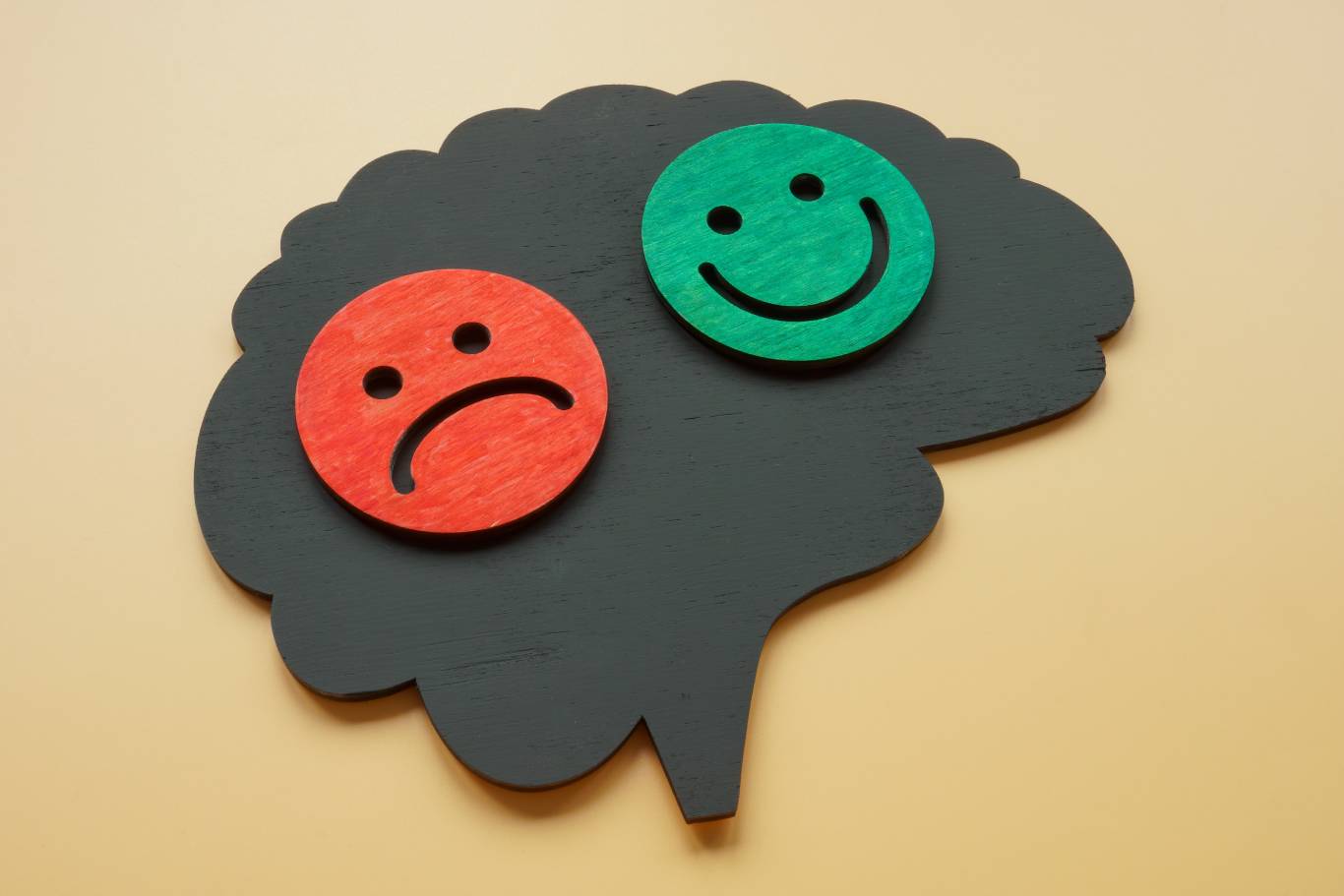Bipolar disorder is a mental health condition characterized by extreme mood swings, including episodes of mania and depression. While medication is often a cornerstone of treatment, therapy plays a crucial role in managing the condition and improving overall well-being. This article explores the various types of therapy for bipolar disorder and how they can help individuals lead more stable and fulfilling lives.
Types of Therapy for Bipolar Disorder
There are several effective therapeutic approaches for treating bipolar disorder. These therapies aim to provide individuals with the tools to manage their symptoms, improve their relationships, and enhance their quality of life.
Cognitive Behavioral Therapy (CBT)
Cognitive Behavioral Therapy (CBT) is a widely used therapeutic approach that focuses on identifying and changing negative thought patterns and behaviors. For individuals with bipolar disorder, CBT can help:
- Recognize early signs of mood swings
- Develop coping strategies to manage symptoms
- Address distorted thinking that can lead to depressive or manic episodes
- Improve problem-solving skills and emotional regulation
Dialectical Behavioral Therapy (DBT)
Dialectical Behavioral Therapy (DBT) is a type of cognitive-behavioral therapy that emphasizes the development of mindfulness, emotional regulation, distress tolerance, and interpersonal effectiveness. DBT is particularly beneficial for those with bipolar disorder who experience intense emotional responses. Key components include:
- Mindfulness: Staying present and fully experiencing the moment
- Distress Tolerance: Developing skills to handle crisis situations
- Emotional Regulation: Understanding and managing intense emotions
- Interpersonal Effectiveness: Improving communication and relationship skills
Family-Focused Therapy (FFT)
Family-Focused Therapy (FFT) involves working with both the individual with bipolar disorder and their family members. The goal is to improve communication, reduce stress, and provide education about the disorder. FFT can help:
- Enhance family support and involvement in treatment
- Reduce family conflict and improve problem-solving abilities
- Educate family members about the symptoms and treatment of bipolar disorder
Interpersonal and Social Rhythm Therapy (IPSRT)
Interpersonal and Social Rhythm Therapy (IPSRT) focuses on stabilizing daily routines and improving interpersonal relationships. This therapy is based on the idea that regular daily routines and strong social relationships can help regulate mood. IPSRT includes:
- Establishing regular sleep and wake times
- Developing consistent daily routines
- Addressing and improving interpersonal problems
- Understanding the relationship between daily rhythms and mood stability
Group Psychoeducation
Group psychoeducation involves teaching individuals with bipolar disorder about their condition in a group setting. This approach provides valuable information about managing symptoms, medication adherence, and lifestyle changes. Benefits of group psychoeducation include:
- Learning from the experiences of others
- Developing a support network
- Gaining insights into effective coping strategies
- Increasing knowledge about bipolar disorder and its treatment
Get Help for Bipolar Disorder at URP Behavioral Health
For those seeking comprehensive and personalized care, URP Behavioral Health offers specialized bipolar disorder therapy treatment. Their multidisciplinary approach combines medication management with various therapeutic modalities to address the unique needs of each individual. URP Behavioral Health’s team of experienced professionals is dedicated to helping individuals manage their symptoms and achieve long-term stability.
Conclusion
Therapy is a vital component of treatment for bipolar disorder, offering individuals the tools and strategies to manage their condition effectively. Whether through CBT, DBT, FFT, IPSRT, or group psychoeducation, each therapeutic approach provides unique benefits that contribute to overall well-being.
For those in need of professional support, URP Behavioral Health is an excellent resource, offering tailored therapy programs to help individuals lead more balanced and fulfilling lives.
Seeking therapy is a proactive step towards managing bipolar disorder and achieving a better quality of life.



















